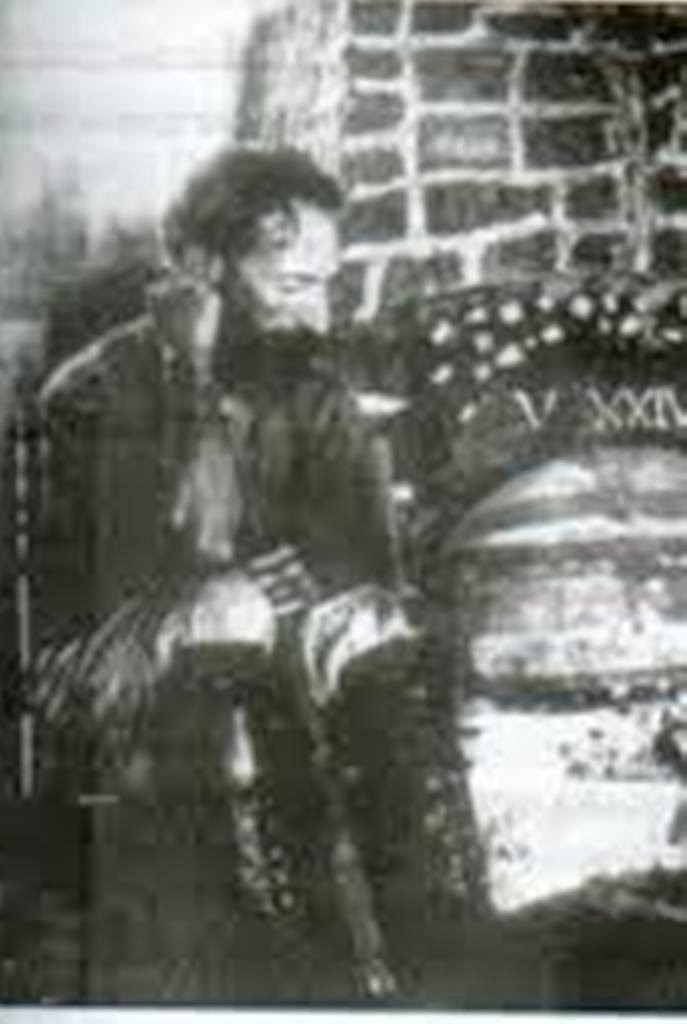 |
| Arthur Young by John Russell |
AH torment, trouble, wonder, and amazement
Inhabits here. Some heavenly power guide us
Out of this fearful country 1
Tempest.
SIR Giles de Montfort was not only superstitious but constitutionally timid. He was one of those men who, during the bloody scenes of the revolution of France, rose himself on the ruins of his betters, and, having acquired immense wealth, considered himself entitled to commit every excess which can be practised by human nature. In the midst of the many extravagant ideas which he had planned for execution, he suddenly took the resolution of visiting the native island of that man who swayed the sceptre not only of France but of the greater part of Europe. He took leave of the capital, after having made the necessary preparation, set out with all the pomp of an eastern monarch, and excited the attention of every town and village through which he travelled.
The principal object which induced him to make this no less sudden than extraordinary visit, was a young. lady, beautiful as Aurora, who had attended her father to Paris to pay his respects to the sovereign of the world, as Buonaparte was styled in Corsica.
Cupid smiled in her looks—her eyes were black—they captivated the knight, who, not doubting that he would be accepted, set forward like a second Don Quixote, and determined never to return without his bride.
The lady was the youngest sister of three: they were all handsome, but Jane was strikingly so. She alone was as yet unmarried.
In the numerous train of Sir Giles was a young man, who in grace and elegance as far surpassed his master as the Apollo Belvidere surpasses the casts made from it. He was the right hand of the knight, and managed all his affairs with that diligence and honesty which gained him the esteem of all those who knew him.
Several were the ridiculous adventures which befel the knight on his journey, who in bulk equalled Sir John Falstaff; but as we have not time to travel with him from Paris to Marseilles, let it suffice that he arrived in safety at the latter place, whence he embarked for Ajaccio, which he reached in one of those exquisite summer evenings which must ever engage the attention of the most callous. But love—though not that love which filled the bosom of Petrarch, or influenced the heart of the tender Abelard—love alone engrossed his thoughts. The setting sun cast its departing rays on the rugged rocks that crowned the distant horizon, and yet faintly tinged the receding bay, on the northern side of which is situated the city that gave birth to a man whose talents raised him to the highest pinnacle of glory attainable by human beings; and whose ambition caused that fall which most evidently proved the instability of mortal fabrics. Sir Giles expected to meet Mademoiselle Jane de Launay on the beach on his landing—why we do not know: in this hope every idea was concentrated. As the tide was ebbing, he was forced to proceed to the town in a boat, and nearly risked falling into the water through his impatience, which was considerably damped by his not finding the lovely Jane, as he had ridiculously expected.













